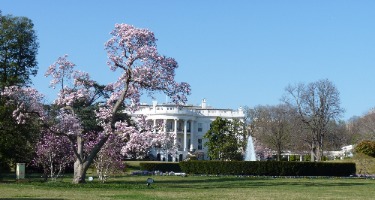Now, outside of those narrow bounds, there has been an increase in international interest by United States prosecutors—particularly in the white-collar world.
To name but a few examples, American officials prosecuted a number of Swiss bankers and meaningfully changed longstanding Swiss banking practices around confidentiality. The U.S. Department of Justice’s Antitrust Division has worked on a number of global cartel cases in the past 15 years, attempting to impose U.S. criminal law on businesspeople around the world. More recently, the United States Attorney’s Office in Brooklyn, for example, brought a case against FIFA based on allegations of corruption in international soccer. That same U.S. Attorney’s Office has been reported to be investigating whether Russian officials violated U.S. law by helping Russian athletes avoid being detected for doping in the track and field world and at the Sochi Olympics.
This trend has rightly worried attorneys and businesspeople around the globe. A lawyer in Paris, say, who is advising a client on a course of action often must worry not only about French law, but whether a federal prosecutor in Boston or Miami will think that course of action might violate American criminal law. And, regrettably, the contours of United States criminal law are now highly dependent on the discretion of a U.S. prosecutor.
It is widely assumed—probably rightly—that if Hillary Clinton is the next American president, the U.S. Department of Justice’s international priorities and practices will change little. What is considerably less clear, though, is what a President Trump would do.
Trump has not opined publicly on his views of the United States’ extraterritorial assertion of criminal jurisdiction. Nonetheless, assuming his views on this topic reflect some measure of internal consistency with his other views—an assumption perhaps less warranted in Mr. Trump’s case than in others—there is reason to think that a Trump presidency would be a stark reversal of what the Department of Justice has been doing to date.
Donald Trump has been highly critical of the United States government spending money that does not directly benefit United States citizens. He has railed against American tax dollars paying for roads and schools in Afghanistan when the roads and schools in America are failing.
Presumably, he would similarly be skeptical of the value of prosecuting, say, international soccer officials for corrupt practices in a game that few Americans watch or, frankly, understand. The FIFA investigation and prosecution was a large and expensive undertaking. If a President Trump wanted to cut funding to only those government expenditures that directly benefit Americans, this would be a natural first cut.
Moreover, many of these cases are white-collar matters. Mr. Trump tends to view government enforcement actions directed toward business people with some skepticism, perhaps as a response to some of the criticism of his personal business arrangements. One can reasonably assume that if American prosecutors are withdrawing from the boardrooms in New York, they will leave the boardrooms in London and Hong Kong as well.
All of this assumes, of course, that a President Trump would make reforming the Department of Justice a priority. The American government is a large and unwieldy operation. Few modern presidents successfully leave a mark in all corners of it or are able to reform each aspect. A President Trump would have a very full plate, and there is no indication that criminal justice reform would command his attention.
This is to say that if Trump wins and then doesn’t pay attention to the U.S. Department of Justice, lawyers throughout the world will need to continue doing so.


















